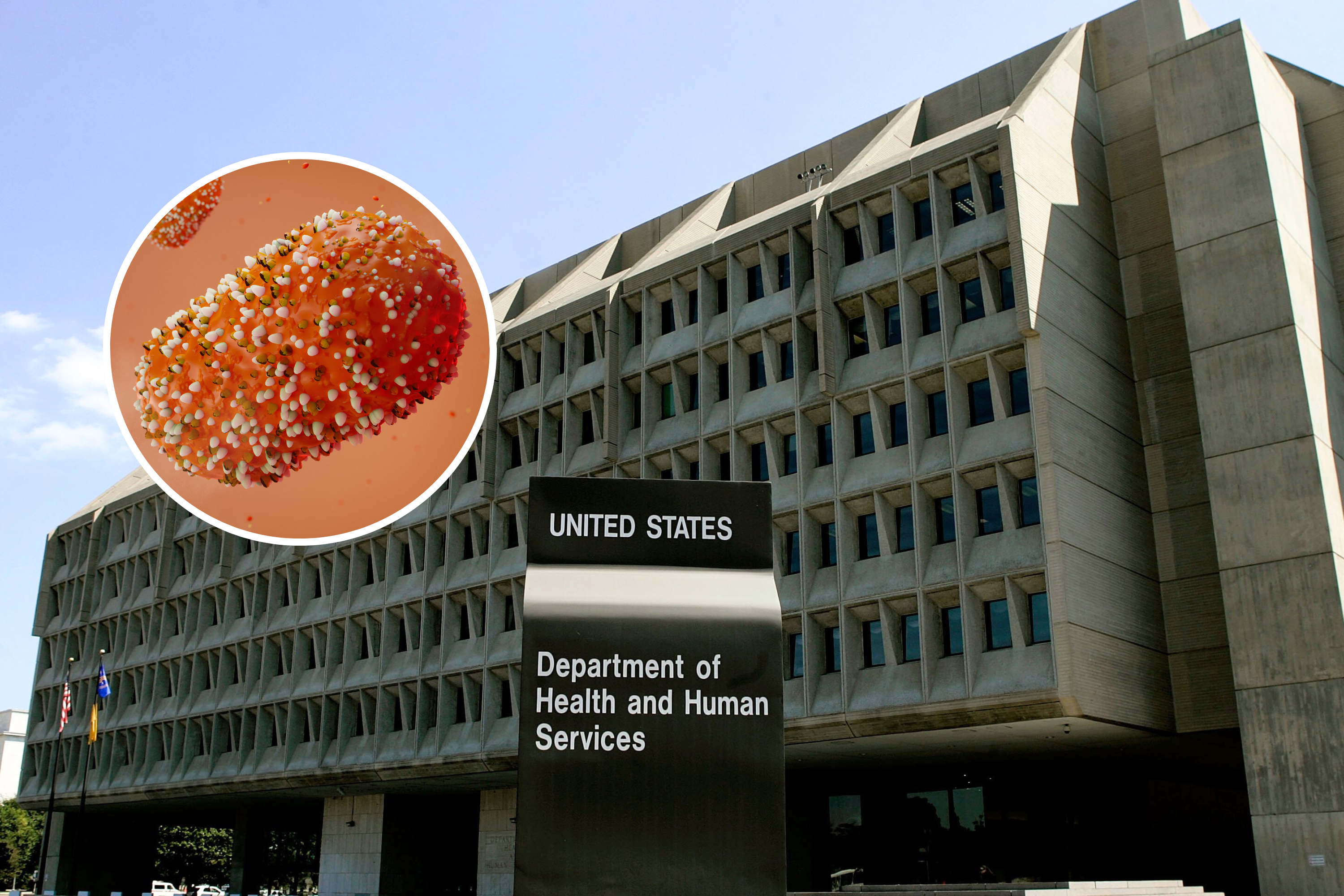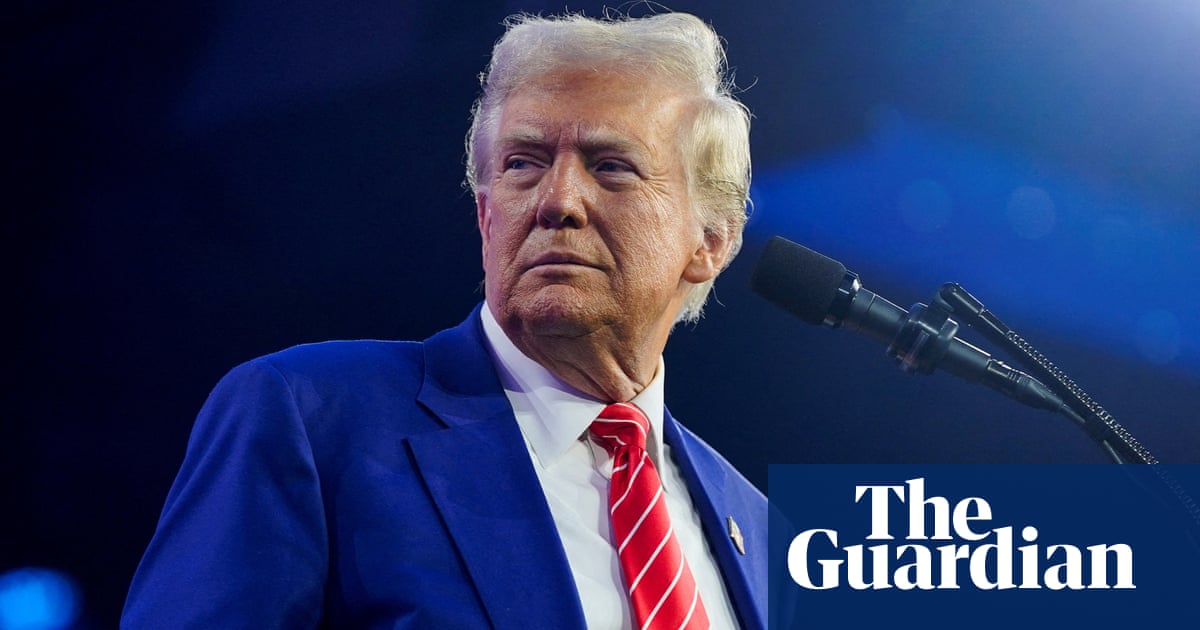World
US responds to mpox outbreak

The U.S. government has outlined its response to the upsurge of a deadlier form of mpox in multiple African countries after the World Health Organization declared the situation to be a public health emergency of international concern on Wednesday.
A public health emergency of international concern is defined by the WHO as “an extraordinary event which is determined to constitute a public health risk to other States through the international spread of disease and to potentially require a coordinated international response.” It can also accelerate global research, funding and public health measures to help contain the disease.
Mpox, previously called monkeypox, rose to recognition during the global outbreak in 2022, affecting the U.S., Europe, Australia and many other countries. The virus comes in two types—clade I and clade II—and spreads through close contact.
More From Newsweek Vault: What Is a Health Savings Account?
The previous outbreak in the U.S. and Europe was driven by the clade II form of the virus and was mostly spread through sexual and intimate contact, with men who have sex with men being at the highest risk of infection. However, the current surge is being driven by a new variant of the clade I virus, called clade 1b, which experts have described as the most concerning version of the virus so far.
“The situation is concerning because of the spread of the clade 1b virus, which is considered to cause more severe disease, and because there are many children being infected in DRC during this new outbreak,” Brian Ferguson, an associate professor of immunology at the University of Cambridge, said in a statement.
In the Democratic Republic of the Congo alone this year, there have been 15,600 reported mpox cases and 537 deaths, the WHO said in a news release. Dr. Tedros Adhanom Ghebreyesus, the WHO’s director general, added that the organization is attempting to address these issues, but that a “coordinated international response is needed” to stop this outbreak and save lives.
“These declarations amount to a call for action, and should lead to the prompt mobilization of money and resources, and a co-ordinated international response to the epidemic,” Jimmy Whitworth, an emeritus professor at the London School of Hygiene and Tropical Medicine, said in a statement in response to the WHO’s announcement.
More From Newsweek Vault: Compare the Top Health Savings Account (HSA) Providers
He continued: “The amount of vaccine required has been estimated by Africa CDC to be 10 million doses. The cost and availability of vaccine is going to be a great challenge, but it is really important that, unlike in the COVID-19 pandemic, there is global solidarity, that the vaccine reaches the people who need it most and that it is not stockpiled by rich countries.”
So What Is the U.S. Doing to Help?
In a statement released on August 14, the U.S. Department of Health and Human Services said that the government had been closely monitoring the spread of clad I mpox in the DRC and neighboring countries since 2023 and working closely with their governments to reduce the effects of this spread and safeguard public health.
More From Newsweek Vault: Learn More About the Different Types of Savings Accounts
“In addition to ongoing health support, in the last few months the United States has provided an additional $17 million USD to support clade I mpox preparedness and response efforts in Central and Eastern Africa,” the department said in a statement. “The funding has enabled stronger surveillance, risk communication, and community engagement, as well as needed laboratory supplies and diagnostics, clinical services, and vaccine planning.”
The U.S. also plans to donate 50,000 doses of mpox vaccine to the DRC.
But Is Mpox a Concern in the U.S.?
“The risk to the general public in the United States from clade I mpox circulating in the DRC is very low, and there are no known cases in the United States at this time,” HHS said.
Wastewater surveillance has shown low levels of the virus across the country, with only three test sites showing up positive for clade II, the source of the previous outbreak. Should clade I make its way to the U.S., the department said it expected the virus would “cause lower morbidity and mortality in the United States than in the DRC.”
Despite this, HHS continues to encourage those at high risk to get vaccinated with the Jynneos mpox vaccine. The CDC recommends the mpox vaccine if the following applies:
- You had known or suspected exposure to someone with mpox.
- You are a gay, bisexual or other man who has sex with men or a transgender, nonbinary or gender-diverse person who had a new STI diagnosis or more than one sexual partner in the past six months.
- You anticipate experiencing either of the above scenarios.
Is there a health problem that’s worrying you? Let us know via health@newsweek.com. We can ask experts for advice, and your story could be featured in Newsweek.
Smith Collection/Gado / LumerB/Getty








